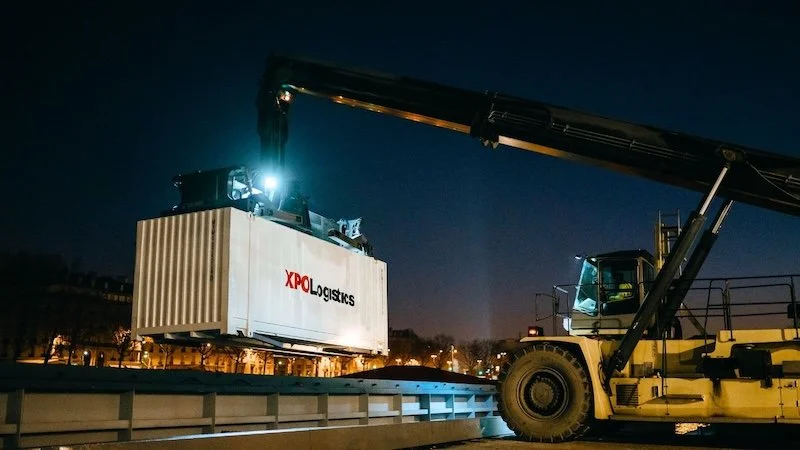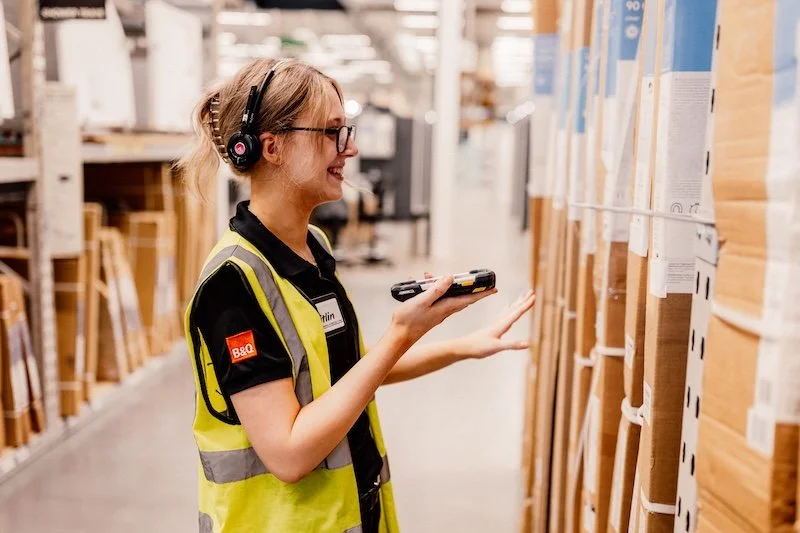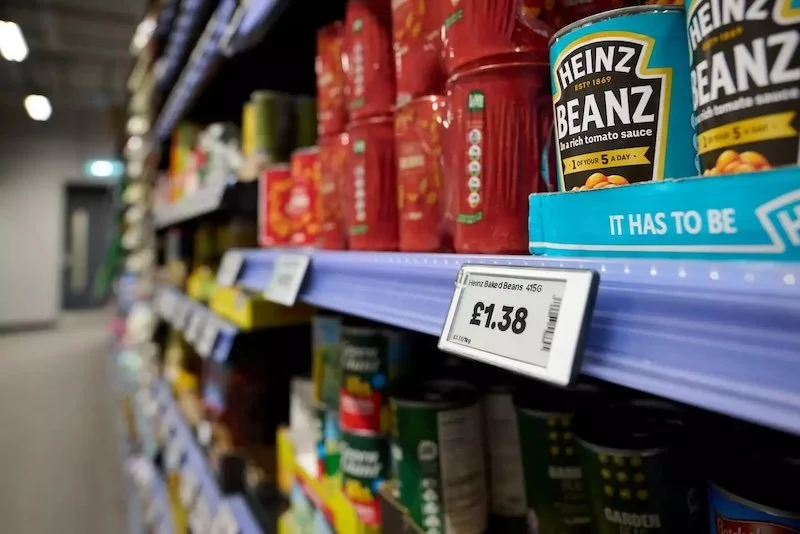Is your third-party software a security risk? Here's how to tell
Businesses, both big and small, rely heavily on third-party software. Accounting tools. Customer relationship management systems. Cloud storage platforms. Each aims to bring added efficiency and productivity to the table while also reducing costs.
There's just one problem: every new integration opens the door to potential risk.
Simply put, if your software vendors aren't secure, neither are your systems. You also don't have to be a major retailer like Harrods or Co-op to fall foul of a cyberattack – small businesses are just as vulnerable.
Below highlights what to search for to see if that time-saving software is a potential threat in disguise.

Vendor Transparency
Firstly, a trustworthy software vendor should be open about how they handle security. Seek documentation on data protection practices and encryption standards. Vendors should also be compliant with regulations like GDPR and ISO 27001.
There are a couple of important questions to ask of each vendor. Do they conduct regular security audits? Do they publish results and feature third-party certifications? If a vendor is vague or simply avoids these questions, that's a clear red flag.
Evaluate Their Patch Management Process
No software is perfect. However, the speed at which a vendor responds to bugs and vulnerabilities tells a lot about their approach to security. That's why you should ask how often they issue updates and how these patches are communicated to users.
Ultimately, delayed responses can leave your systems exposed and vulnerable. This is particularly the case if knowledge of the flaw is already moving around the wrong circles.
Understand How Zero Day Threats Are Managed
A zero day attack targets previously unknown software vulnerabilities. These flaws may not even be known by the vendors. As a result, zero day threats can be difficult to defend against because no official fix exists at the time. It also means that, if a vendor lacks a structured approach to zero day discovery and response, it could provide a passageway to your sensitive systems.
Good vendors will take the necessary steps to identify zero day attacks early. This can include everything from working with independent security researchers to using built-in monitoring tools to detect suspicious behaviour. You can never be too careful in checking if a vendor takes zero day threats seriously. Their ability to address these high-risk threats could make – or break – your business continuity.
Check Access Controls and Data Handling
There's another key point to note: how vendors handle access to your data. Do they offer role-based access? Perhaps they allow you to control what different users within the tool can see or do? That's another big potential risk when their platform demands broad admin access or storing sensitive data without encryption.
You should also check if your data is being shared with other third parties. That can be done by reviewing their privacy policy and data-sharing practices.
Regular Risk Assessments
Threats evolve. So, even if a vendor ticks all the boxes during your initial security review, it's important to conduct periodic risk assessments. Doing so guarantees they continue to comply with your standards. If a vendor's practices start to slip, don't hesitate to end the relationship.






























Continue reading…